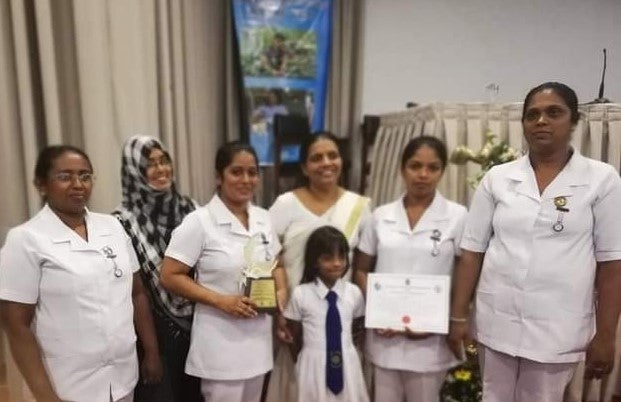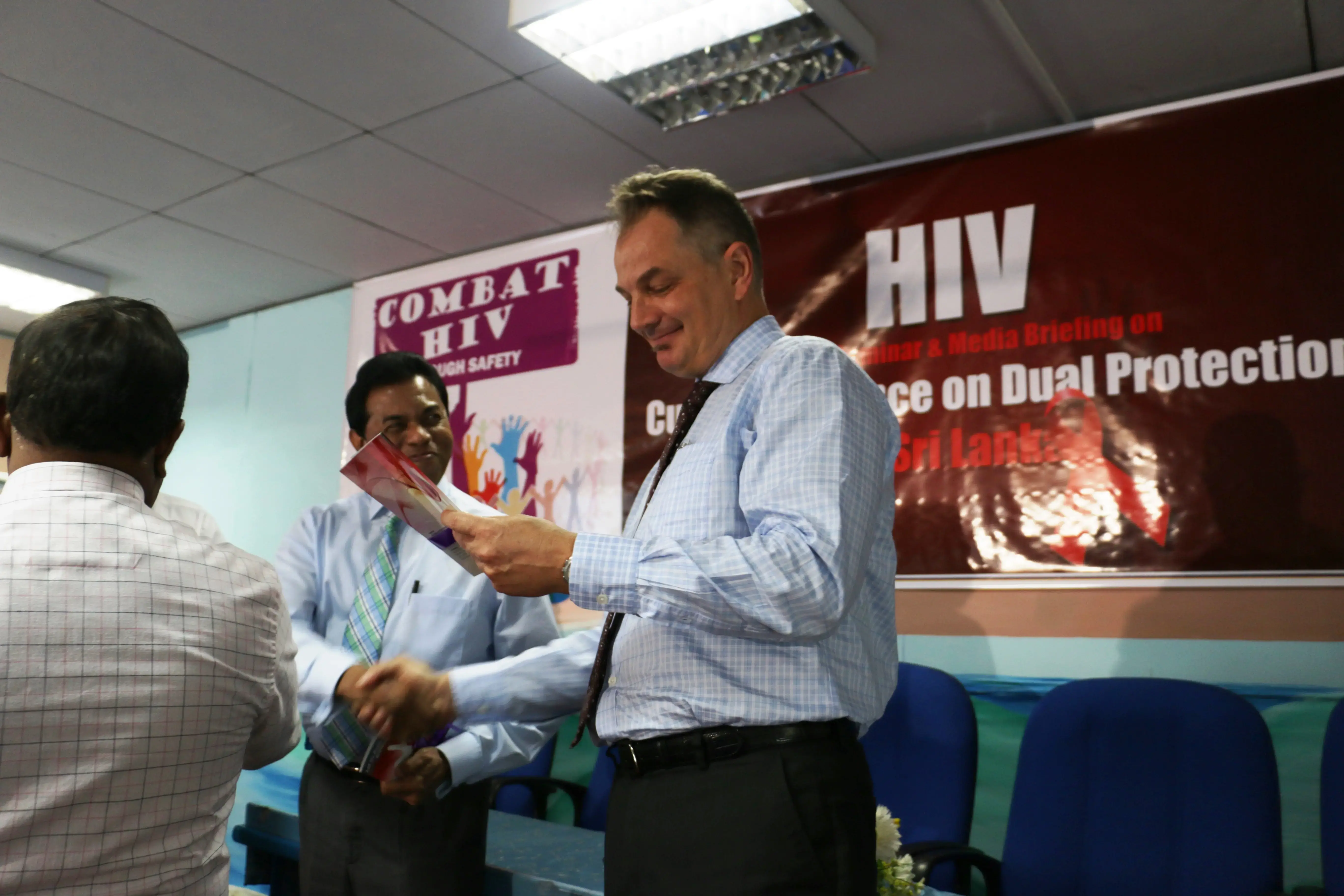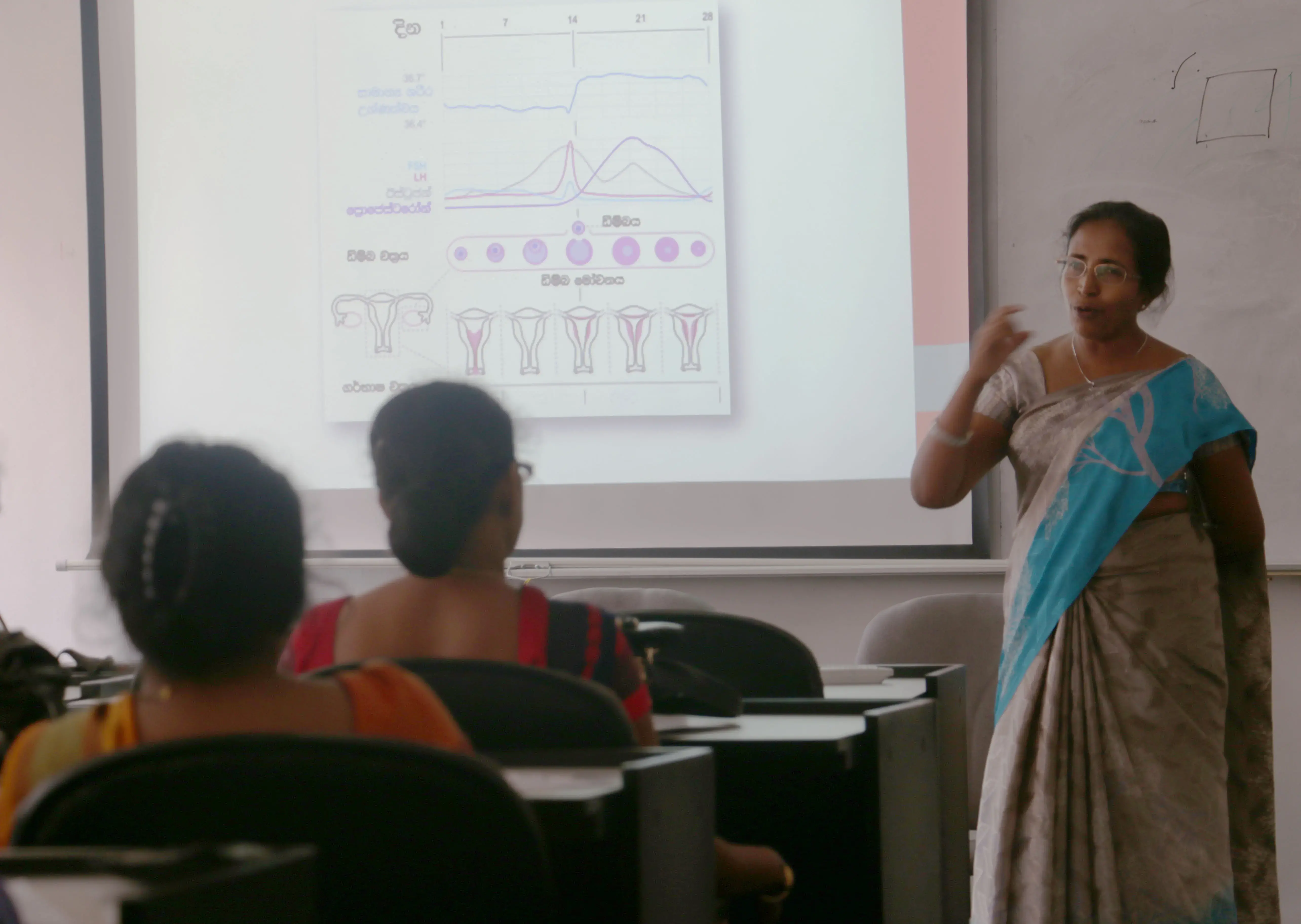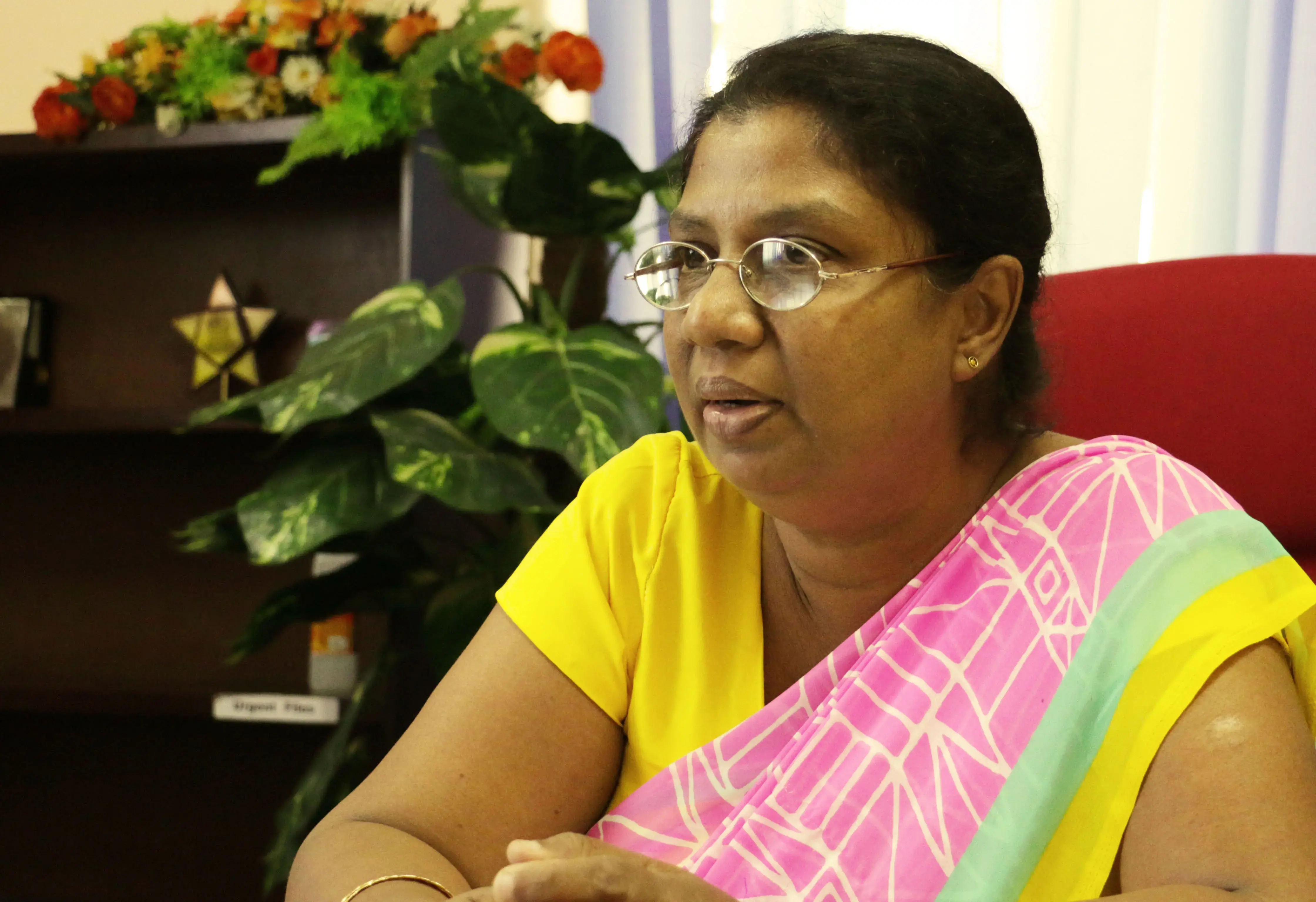The COVID-19 pandemic has fast become one of the most important threats to global health, completely changing how we live. The things we all took for granted such as meeting up with family and friends, the freedom to go out and about when and wherever we wanted, and even going to work have been put on hold and are no longer an option. While many of us are locked inside our homes due to extended lockdowns and travel restrictions imposed to curb the spread of COVID-19, for the past two years, health workers have been constantly at the frontline, working tirelessly around the clock to battle the coronavirus.
Our healthcare workers and first respondents deserve our highest praise, and amongst these workers are also midwives.
Midwives are at the core of the response to the pandemic. While our social lives may be on hold, women continue to get pregnant, give birth, nurse their newborns etc all amidst the pandemic and as such continue to require life-saving obstetric and gynaecological midwifery care and support.
“We cannot afford to make COVID-19 an obstacle, but continue with our service to ensure mothers and their newborns are safe”, says Aruni Silva, a midwife operating in the coastal area of Marawila, Sri Lanka.
Having served as a midwife for nine years, Aruni is determined to continue her service despite the multifaceted challenges brought about by the pandemic. “Carrying out our fieldwork is not without its risks.. I have to think about my own family and children as well, especially since Marawila has been a high-risk area with an increasing number of COVID positive cases…. So we categorise the mothers based on their level of risk and then determine whether we can have telephone consultations or if in-person visits are necessary.” Driven by the constant reminder that midwives are essential to ensure safe pregnancies and births for everyone, everywhere, Aruni is ready to put on her PPE and rush to the aid of any mother assigned to her care.
“The relationship between a mother and her midwife is a very personal one… she can discuss anything and everything with me that she feels shy or uncomfortable to discuss with other health professionals or even family.”
Almost 60KM away in Mutuwal, Colombo, Midwife Sanadamali echoes Aruni’s sentiments. Having served as a midwife for 15 years, to Sandamali the civil war, language barriers, social issues and now COVID is not a hindrance to extending her professional care...“I have a service to provide and that is my focus…. Every child I help bring into this world, feels like my own so I will not let the pandemic stop me from carrying out my duties.” Her dedication to her duties were such that in 2018 Sandamali and her team were awarded 1st place for exceptional service in the Colombo Municipal Council area by the Health Promotion Bureau.

Over the years Sanadamali and her colleagues have played an active role in the community. From educating pregnant mothers on nutrition, healthcare and intervening on issues related to domestic violence, they have soldiered on through many crises. The pandemic, however, brought about a new challenge - accessibility. “Most of the mothers here test positive upon admission when they go to the hospital to have a baby. This complicates things for we can no longer conduct home visits as the mother is in quarantine for 14 days… But we cannot let them down, we have to ensure they are safe and healthy so we call them daily to get a status update and do whatever we can to ensure their wellbeing.”
Midwives do not only deliver babies. They provide a range of sexual and reproductive health services, as well as antenatal, postpartum and neonatal care. They can also serve as powerful advocates for the upholding of women’s rights. As members of their own communities, they are also able to provide culturally sensitive care that is more likely to have a lasting impact.
Now as the world struggles to grapple with the effects of COVID-19, our global health workforce is under increasing strain – and woman-centred, midwifery-led care is more at risk than ever. Women still need midwifery support and care and the work of midwives is essential and should be acknowledged as emotionally demanding.
Recognizing the crucial role midwives play in our communities, in the midst of the pandemic, UNFPA has been facilitating a training programme for midwives across the Asia Pacific region, including from Sri Lanka. The ‘Midwifery Faculty Development Course’, conducted virtually, was designed to enhance the midwifery educators’ knowledge and skills in curricular development, renewal, implementation, and evaluation. Recognizing that well-trained midwives could help avert maternal and newborn deaths, this training programme seeks to build linkages by virtually bringing together leaders in midwifery education from across the region and providing an opportunity to support and strengthen midwifery education.
Midwives save lives. They are the backbone of maternal health systems – delivering babies and much more. UNFPA continues to be committed to supporting midwives on the front lines of the COVID-19 response worldwide by providing supplies and personal protective equipment; building the capacity of health systems so maternity services don't get left behind; and ensuring that pregnant and breastfeeding women – including those under quarantine – get the care they need when they need it.





